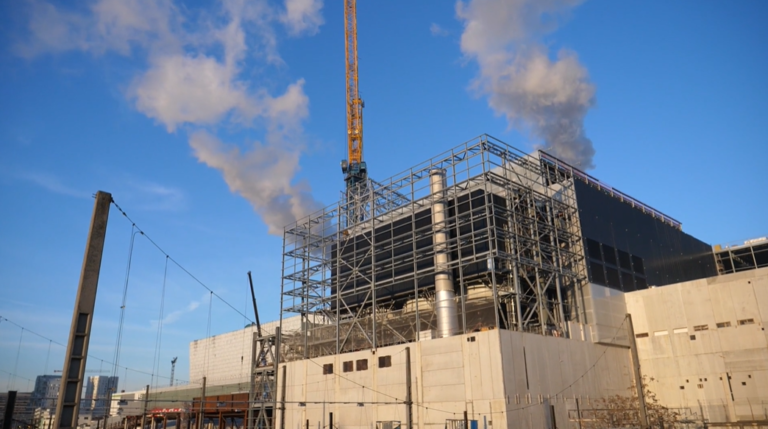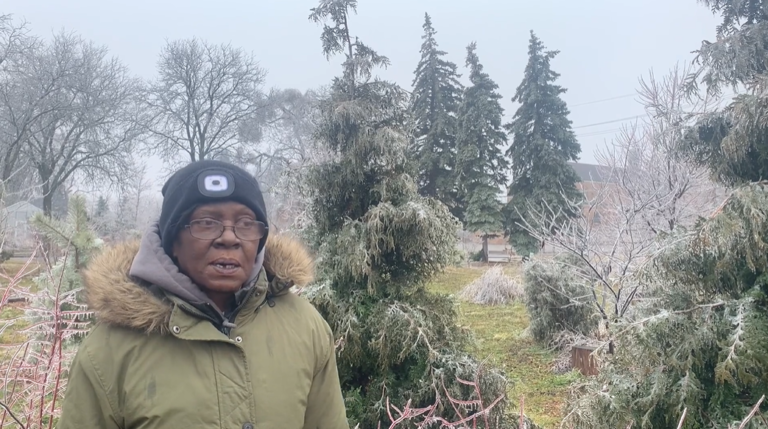An 85-mile corridor along the Mississippi River has the country’s highest concentration of petrochemical plants and refineries, the country’s worst particulate pollution, and the country’s highest cancer rates.
United States, Louisiana
Slave Burial Ground
Loading map...
The discovery of slave burial grounds in “Cancer Alley” includes Formosa Plastics’ proposed 14-plant petrochemical complex in St. James Parish, Louisiana, which experts have estimated would more than double the area’s toxic air pollution, and more than triple exposure to cancer-causing chemicals. In 2020, local community leaders seeking to hold a solemn observance at the gravesites of their enslaved ancestors—in honor of Juneteenth, which commemorates the emancipation of African-American slaves—had to take a local member of Formosa Plastics Group to court in order to legally visit the burial grounds.





